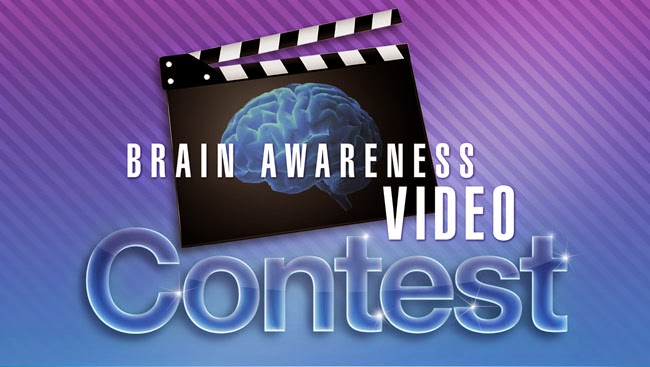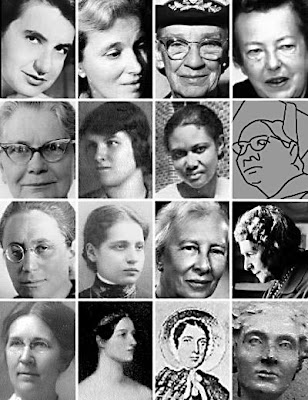Is Multilingualism a Form of Cognitive Enhancement?
The following post is part of a special series emerging from Contemporary Issues in Neuroethics, a graduate-level course out of Emory University’s Center for Ethics. People often ask me what language I dream in. I usually tell them that I dream in both languages – Romanian and English – and that it depends on the content of the dream and on the people featured in it. I associate emotional states with my native Romanian, while organized, sequential thinking is easier in English. Most of the time, I am not even aware of the identity of the language I produce and hear in my dreams. Leaving the mysterious dimension of dreams behind, how does the multilingual brain navigate the world? Faced with an information-dense environment, it is able to switch its language of appraisal at the moment’s need. Consider the increasingly large group of bilingual English-speaking Hispanics in the United States. Most of them use English in their academic and work environments, then effortlessly switch to Sp...





